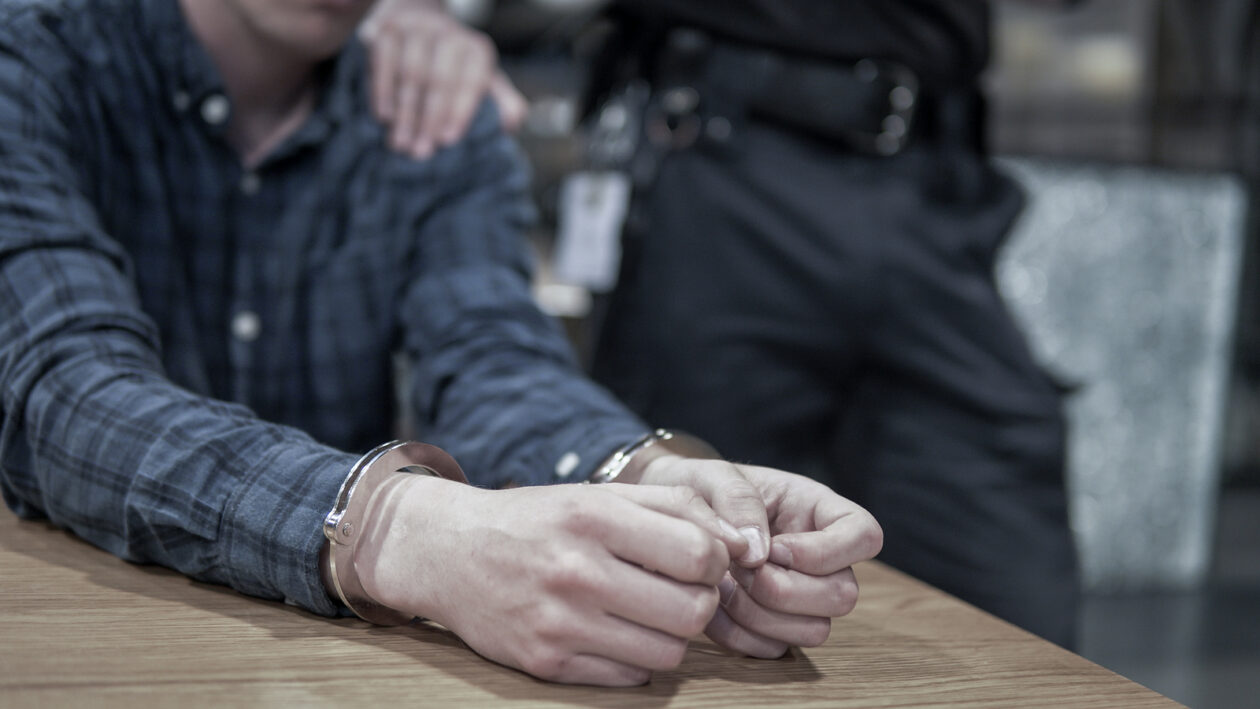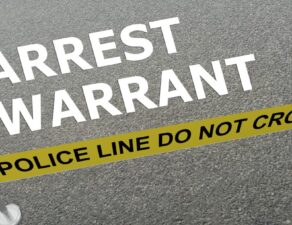
The short answer is yes.
Florida law says that you can be arrested if the law enforcement officer sees or witnesses you committing the crime. In other words, a police officer can’t make a legal arrest for a misdemeanor offense without a warrant unless the crime was committed in his or her presence. That’s why this is known as the “in the presence” rule.
What Are Some Examples of Florida Misdemeanor Offenses?
Misdemeanor crimes in Florida are administered by the County Court. Examples of misdemeanor crimes include:
- Driving with a suspended license;
- DUI (driving under the influence);
- Prostitution (first offense);
- Possession of marijuana;
- Battery;
- Domestic violence battery;
- Disorderly conduct;
- Loitering;
- Petty theft; and
- Resisting an officer (without violence).
When Can a Florida Police Officer Make a Warrantless Arrest for a Misdemeanor?
Again, a valid arrest warrant is typically required for a police officer to make an arrest for a misdemeanor crime. However, there are some exceptions to this rule:
- A mentioned above, the crime was committed in the officer’s presence;
- The police officer had probable cause for the arrest and the misdemeanor is on the list of exceptions found in the Florida Statutes; or
- The police officer had reasonable grounds to suspect that the individual had violated his or her probation.
What’s on the List of Exceptions for a Misdemeanor Arrest?
These are the situations in which a police officer may make a warrantless arrest for a misdemeanor that hasn’t been committed in the officer’s presence. Here are some of the more common examples that are found in the statute:
- Battery;
- Carrying a concealed weapon;
- An arrest in a traffic accident;
- Disorderly conduct on the premises of an establishment, such as a hotel;
- The theft of personal property;
- Trespassing on public school grounds;
- An act of domestic violence; and
- Marijuana possession of less than 20 grams.
What’s the Difference Between a First-Degree Misdemeanor and a Second-Degree Misdemeanor in Florida?
A first-degree misdemeanor is punishable by up to a year in jail. A first-degree misdemeanor offense can also be punishable by a year of probation or a $1,000 fine.
A second-degree misdemeanor is punishable by up to 60 days in jail. A second-degree misdemeanor offense can also be punishable by a $500 fine.
Will a Misdemeanor Have an Effect on My Future?
Yes, it may.
If you’re convicted of a misdemeanor or plead guilty, the offense will be on your criminal record permanently. A criminal record can impact your employment, both in applying for a position and if you fail to inform the employer of your conviction once you’re employed. In addition, a criminal charge may create a problem with obtaining a professional license, such as for teaching, healthcare, law, accounting, or any profession that involves a fiduciary duty and requires licensure from a state governing board.
What Happens After I’m Arrested?
Here are the steps that occur typically after a suspect has been arrested:
- The police will transport you to the police station;
- The officer will generally advise you of the charges;
- You may be fingerprinted and photographed;
- Depending on the investigation in your case, the following are also possible:
- You may be required to be in a lineup;
- You may be required to provide a handwriting sample;
- You may be required to say phrases associated with the crime (for example, “Stick ‘em up!” in a robbery);
- You may be required to wear specific clothing; and
- You may be required to provide a DNA sample.
- You’ll then be arraigned in court, or your attorney will file your written plea;
- Arraignment is simply a procedure in which you plead guilty, not guilty or no contest to the charge.
- If you plead not guilty, the judge will set a trial date;
- If you plead guilty or no contest, the judge will set a sentencing date.
What Are My Rights After an Arrest?
If you’re arrested for a misdemeanor (or a felony), you have the following rights:
- A right to understand the crime(s) with which you’ve been charged;
- A right to know the identity of the police officers with whom you’re interacting;
- A right to phone an attorney, a family member, friend, or bail bonds company as soon as practical after being taken to the police station (usually after your booking is completed); and
- A right to an attorney at every critical stage of your case.
If you can’t afford an attorney, the state will appoint an attorney to represent you at no cost to you.
Can I Be Released After My Arrest?
Yes. The judge may release you on personal recognizance. That’s’ your promise to appear in court on the date set by the judge. You may also be released on bail. To “make bail” you must either post money or a surety bond as security for your court appearance.
Takeaway
If you’re charged with a misdemeanor in Florida, the prosecution must begin before the deadline or statute of limitations runs. Florida first degree misdemeanors typically have a two-year statute of limitations, and second-degree misdemeanors usually have a limitation period of a year.
If you’ve been arrested for a felony or misdemeanor, it is critical that you get help from an experienced criminal defense attorney. Contact the criminal defense attorneys at McLean Mitchell.
We are a criminal defense law firm in Tampa, Florida. Our attorneys were former state prosecutors and know the inner workings of Florida’s criminal justice system. They will use their knowledge and experience to fight for your rights.
Contact the experienced criminal defense attorneys at McLean Mitchell today.









